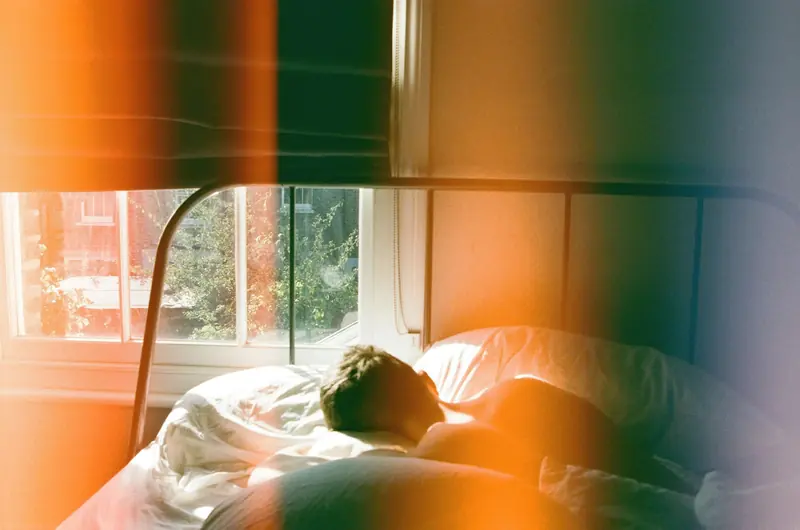
Streetlights and light pollution from traffic disrupt our natural sleep cycles and can lead to insomnia. They significantly increase the risk of stroke. A lack of quality nighttime rest puts a strain on the heart and other organs.
A team from leading research centers in China conducted a large-scale study involving 28,300 volunteers from the port city of Ningbo. The average age of participants was 62 years. None of them had a history of cerebrovascular diseases (the most common non-communicable ailments related to damage to the brain’s blood vessels), including strokes.
The researchers monitored the health of the volunteers for six years, tracking instances of cerebrovascular diseases. Overall, the team identified 1,278 cases, of which 900 were strokes.
To assess the light pollution that participants experienced at night, scientists used satellite images. The results were adjusted for the age, gender, and income of the volunteers, as reported by the Daily Mail.
What the Researchers Found
Many people leave their blinds up at night, following a new wellness trend that encourages waking up with the sun.
In response, Dr. Jian-Bing Wang, a co-author of the study, noted, “High levels of exposure to external artificial light at night may be a risk factor for cerebrovascular diseases.”
As a result, the team advised people—especially city dwellers—on how to best protect themselves from this potentially harmful exposure.
The researchers also warned that exposure to bright light at night could suppress the secretion of melatonin, disrupting the body’s circadian rhythms. This, in turn, could lead to increased blood pressure and blood glucose levels, which are triggers for cardiovascular diseases.
The team stated that about 80 percent of people on the planet live in areas with bright nighttime lighting, which affects their ability to fall asleep and stay asleep.
The findings were published in the journal Stroke.
Meanwhile, previous studies recommend getting a deep sleep of 7 to 9 hours each night.
